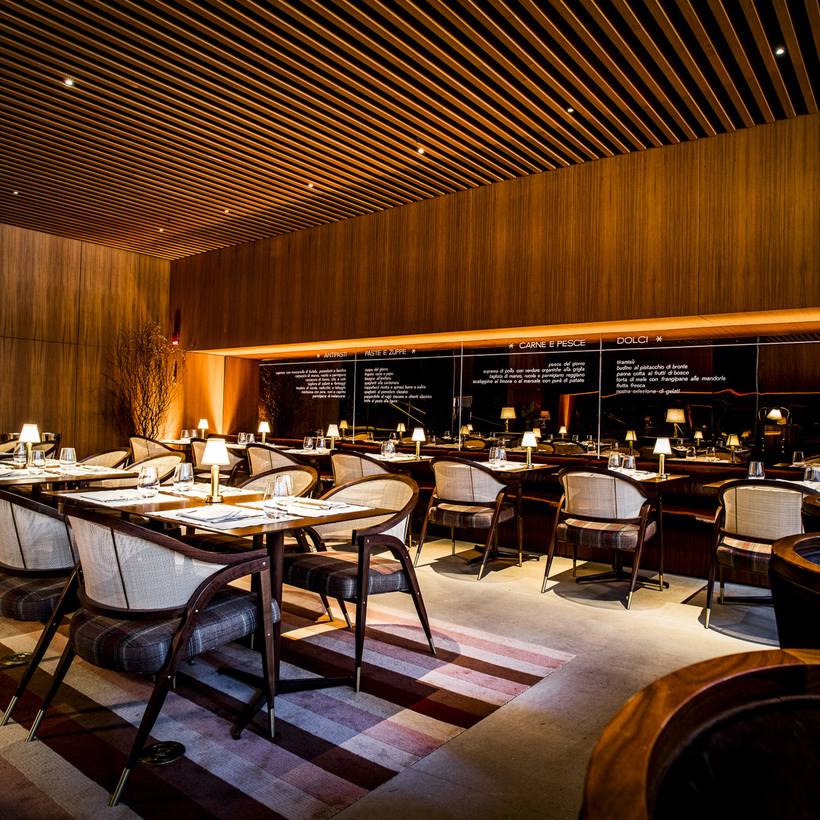Brazilian restaurant impresario Rogério Fasano—simply “Gero” to his loyal regulars in São Paulo, Rio de Janeiro, and Punta del Este—has been trying to open a place in New York for nearly 30 years. In 1995 he was on the verge of taking over the former Le Cirque space on East 65th Street when French chef Daniel Boulud snagged the lease instead.
“It was between Fasano and Boulud, and Boulud won,” he recalls. More projects came close to fruition over the years, but “always,” he says, “something went wrong.”

